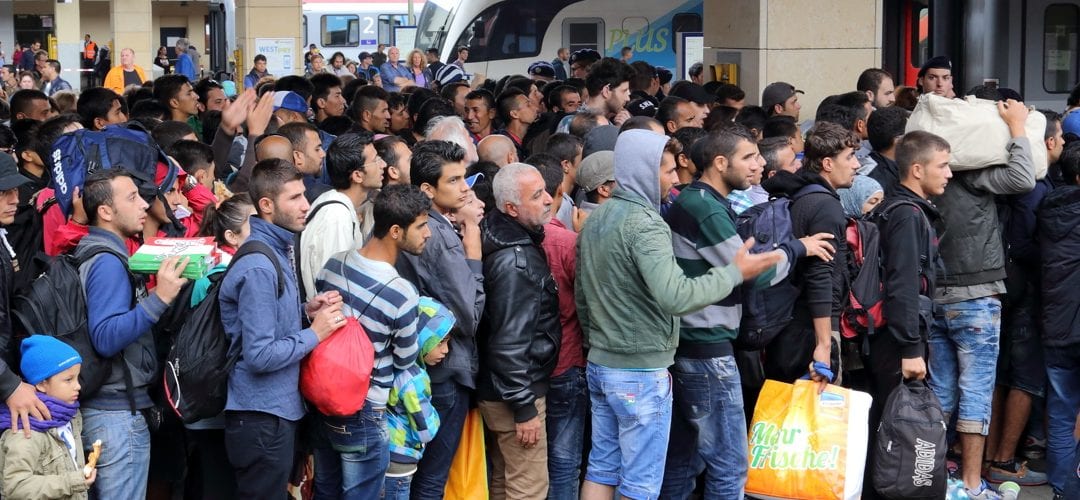The mass migration of refugees in the fall of 2015 in Europe posed an immense humanitarian and logistical challenge: exhausted from their week-long journeys, refugees arrived in Vienna in need of care, shelter, food, medical aid, and onward transport. The refugee crisis was managed by an emerging polycentric and intersectoral collective of organizations. In this paper, we investigate how leaders of these organizations made decisions in concert with each other and hence sustained the capacity to act as collective. We ask: what was the logic of decision-making that orchestrated collective action during the crisis? In answering this question, we make the following contribution: departing from March’s logics of consequences and appropriateness as well as Weick’s work on sensemaking during crisis, we introduce an alternative logic that informed decision-making in our study: the logic of tact. With this concept (a) we offer a better understanding of how managers may make decisions under the condition of bounded rationality and the simultaneous transgression of their institutional identity in situations of crisis; and (b) we show that in decision-making under extreme pressure cognition is neither ahead of action, nor is action ahead of cognition; rather, tact explicates the rapid switching between cognition and action, orchestrating decision-making through their interplay.
Reference:
Martin Kornberger, Stephan Leixnering, and Renate E. Meyer. 2019. The Logic of Tact: How Decisions Happen in Situations of Crisis, Organization Studies, 40(2): 239-266: https://journals.sagepub.com/doi/full/10.1177/0170840618814573


